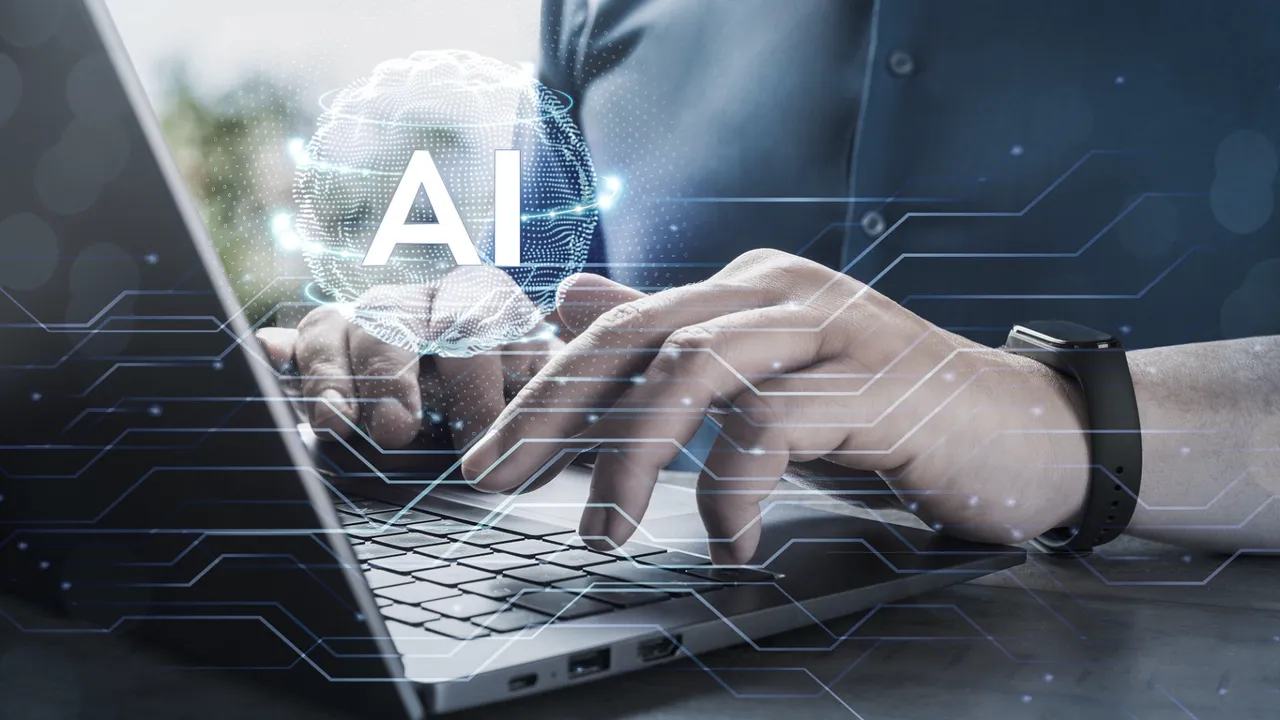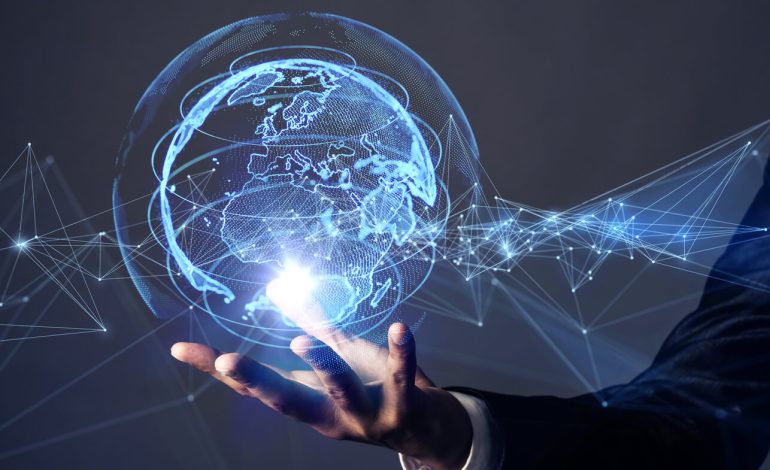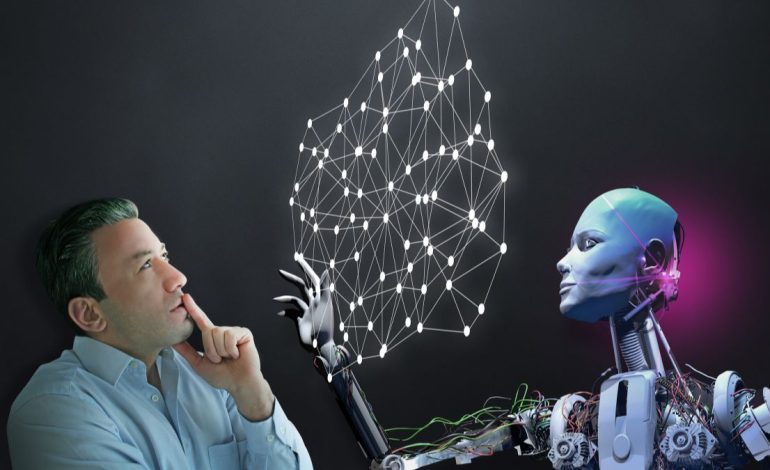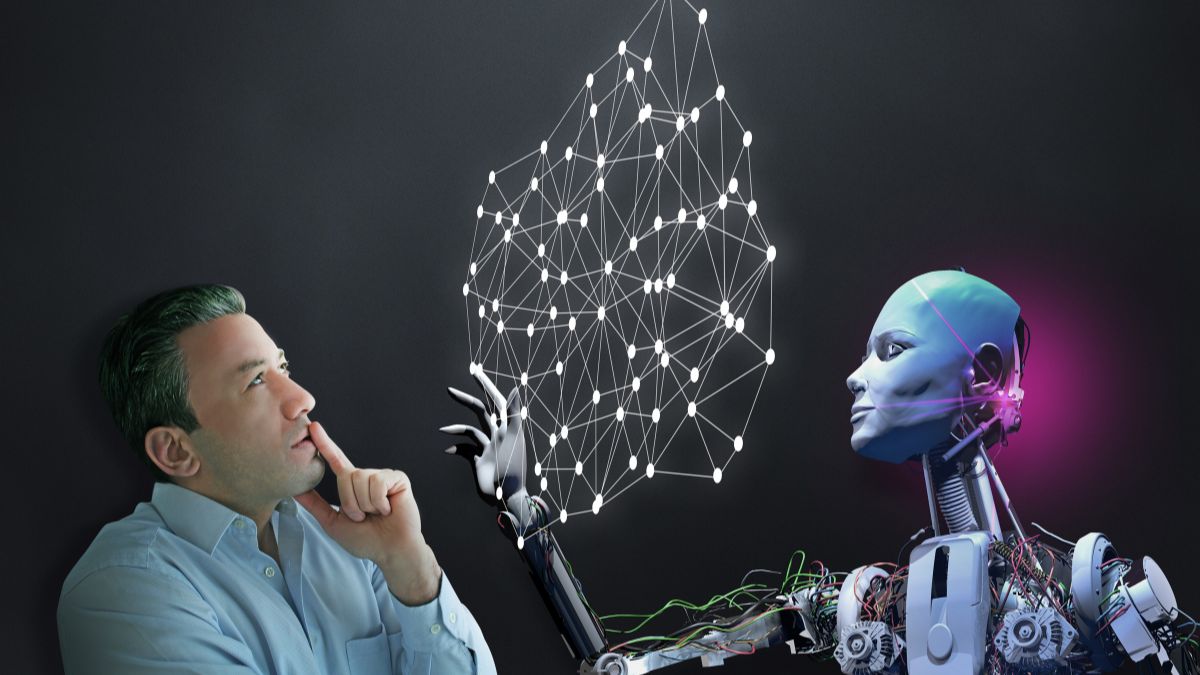The Evolution of Technology: Shaping the Digital Future

Technology has always been a driving force of human progress. From the invention of the printing press to the rise of the internet, every technological leap has transformed the way people live, work, and interact. In today’s digital-first world, technology evolves at an unprecedented pace, reshaping industries, economies, and cultures. Artificial intelligence, cloud computing, blockchain, quantum computing, and the Internet of Things (IoT) are not just buzzwords—they are the foundation of a new digital era.
This article explores how technology is evolving, the key innovations redefining the modern landscape, and the opportunities and challenges that come with building a future powered by tech.
1. Artificial Intelligence: From Automation to Intelligence
Artificial Intelligence (AI) is the most transformative technology of the 21st century. Once a concept confined to science fiction, AI is now an integral part of everyday life.
-
AI in daily life: From voice assistants like Alexa and Siri to recommendation engines on Netflix and Amazon, AI quietly shapes consumer experiences.
-
AI in industries: Businesses use AI for predictive analytics, fraud detection, and supply chain optimization. Healthcare employs AI to detect diseases early, while finance leverages it for smarter trading algorithms.
-
Generative AI: Tools that create text, images, and even music are revolutionizing creative industries, enabling individuals and businesses to innovate faster.
The challenge lies in governance—balancing the immense potential of AI with ethical safeguards to prevent misuse, bias, and over-reliance on automation.
2. Cloud Computing and the Era of Data
The cloud has redefined how businesses and individuals manage data. Instead of relying on local storage and physical infrastructure, companies now operate on cloud platforms like Amazon Web Services, Microsoft Azure, and Google Cloud.
-
Scalability: Businesses can scale their operations globally without building expensive infrastructure.
-
Collaboration: Tools like Google Workspace and Microsoft 365 allow seamless remote teamwork.
-
Big data and analytics: Cloud platforms support the collection and processing of vast amounts of data, enabling insights that fuel innovation.
Yet, the rapid adoption of cloud services has sparked debates around data privacy, cybersecurity, and sovereignty, as governments and companies wrestle with the question of who controls digital information.
3. Blockchain and the Decentralized Web
Blockchain technology is best known as the foundation of cryptocurrencies like Bitcoin and Ethereum, but its potential goes far beyond digital money.
-
Decentralization: Blockchain enables peer-to-peer transactions without intermediaries, reducing costs and increasing transparency.
-
Smart contracts: Self-executing contracts with built-in conditions are reshaping industries such as finance, real estate, and logistics.
-
Digital identity: Blockchain could give individuals control over their personal data, reducing dependence on centralized platforms.
The rise of Web3—a vision of a decentralized internet—promises to shift power from tech giants to users. However, scalability, regulation, and environmental impact remain major hurdles.

4. Quantum Computing: The Next Frontier
Traditional computers rely on binary systems of 0s and 1s, but quantum computers harness the principles of quantum mechanics, using “qubits” to process information in ways classical computers cannot.
-
Unmatched processing power: Quantum computing could revolutionize industries by solving problems too complex for current computers, such as protein folding in medicine or optimizing global supply chains.
-
Cryptography: While offering breakthroughs, quantum computers also pose risks by potentially breaking existing encryption methods, sparking the race for quantum-safe security.
Though still in experimental stages, investments by companies like Google, IBM, and startups worldwide suggest quantum computing could shift the global tech landscape within the next two decades.
5. The Internet of Things (IoT) and Smart Connectivity
The IoT connects billions of devices—phones, appliances, vehicles, wearables, and even cities—through sensors and the internet.
-
Smart homes: Devices like thermostats, cameras, and speakers adapt to user behavior, improving comfort and energy efficiency.
-
Healthcare: Wearables track heart rate, glucose levels, and activity, providing doctors with real-time patient data.
-
Smart cities: IoT supports efficient traffic management, waste collection, and energy distribution.
With 5G networks enabling faster connections, IoT adoption is accelerating. However, the explosion of connected devices raises serious cybersecurity risks, making data protection essential.
6. Cybersecurity: Protecting the Digital World
As technology becomes more integrated into daily life, the threat of cyberattacks grows. Ransomware, phishing scams, and state-sponsored hacking have shown that digital vulnerabilities can disrupt businesses, governments, and even critical infrastructure.
-
Zero-trust security: A model that assumes no device or user should be trusted without verification is becoming the standard.
-
AI in cybersecurity: Machine learning tools detect unusual patterns and respond to threats faster than humans.
-
Consumer awareness: Individuals must also adapt by practicing good cyber hygiene, such as using strong passwords and multi-factor authentication.
The challenge lies in staying ahead of hackers, who are constantly developing more sophisticated techniques.
7. The Future of Work and Technology
The integration of technology into workplaces has redefined what it means to work. Remote collaboration, digital tools, and automation are shaping a new work culture.
-
Remote and hybrid work: Video conferencing, project management platforms, and virtual offices are now part of mainstream business.
-
Automation: Robots and AI reduce repetitive tasks, allowing employees to focus on creativity and strategy.
-
Skill transformation: The workforce must continuously adapt, with growing demand for skills in coding, cybersecurity, data analysis, and AI.
At the same time, concerns about job displacement persist, sparking debates on reskilling and the ethical responsibilities of corporations.
8. Sustainability and Green Technology
As climate change becomes one of the world’s most pressing challenges, technology plays a dual role—as both a contributor and a solution.
-
Green data centers: Tech companies are investing in renewable energy to power servers and reduce carbon footprints.
-
Clean energy innovations: Advances in solar panels, batteries, and smart grids are driving the transition toward sustainability.
-
E-waste management: With millions of devices discarded yearly, recycling and circular economy practices are critical.
Sustainable technology is no longer optional—it is becoming a global priority for governments, businesses, and consumers alike.

Conclusion
The evolution of technology is reshaping the world in extraordinary ways. Artificial intelligence is transforming industries, cloud computing is enabling global collaboration, blockchain is decentralizing power, and quantum computing promises breakthroughs beyond imagination. At the same time, the IoT, cybersecurity, and sustainability challenges remind us that progress must be managed responsibly.
Technology’s future is not just about innovation—it’s about how societies choose to use it. The question is not whether technology will shape the future, but whether humanity can guide that future toward inclusivity, security, and sustainability. If used wisely, technology has the potential to unlock a digital era defined not only by progress but by purpose.










